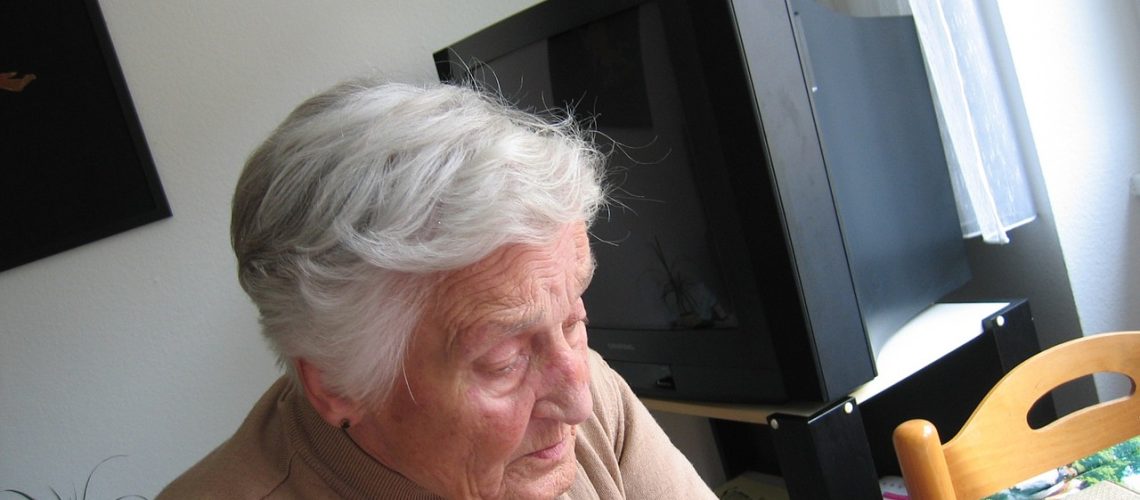The American population is aging. Every day, up to 10,000 people turn 65 in the United States. By 2030, an estimated one in every five Americans will be 65 and older.
The same is happening around the world, and it is driving an increase in a home care franchise opportunity. As of 2020, 1.4 million people are already employed in home health care services across the nation. More will enter the market in the coming years to respond to the demand for elderly support, especially as they insist on living independently instead of spending their final years in a nursing facility.
However, there is already growing stiff competition within the market. Entrepreneurs who want to enter the market should set their ventures apart from other existing options in order to gain customers.
One way to do that is to be aware of what other home care services are doing wrong and refining your processes to address these issues. Here are some of the most common complaints of clients in the industry.
Cultural Differences
It is no secret that many caregivers were not born in the U.S. A lot of them flew from another part of the world in order to work and earn money to send to their families back home or want to establish new roots in the U.S.
Some estimates suggest that the total number of paid caregivers is over 2 million, and a significant portion of them were not people born in the U.S. It is not a job that many Americans aspire to do. Employers find themselves looking elsewhere for capable people who are willing to care for the elderly.
Immigrants can do a fantastic job at taking care of their clients, but sometimes cultural differences become a problem. Nations around the world have their habits and standards that clash. When a person grew up in another country, they bring with them their own customs that may not be in line with those of their client.
Employers should strive to provide training to their employees, even in the most basic facets of every day such as hygiene, cooking, and cleaning. It is better to create a standard for everyone to adhere to, not just the migrant workers to make things fair and uniform.
Language Barriers
Language can also become a problem when the caregiver is an immigrant. Providing access to English-language classes, even just basic commonly-used words and phrases to start with will eliminate the problem.
Inconsistent Quality of Care
 It is challenging to maintain the same quality of care across all caregivers. If your team consists of more than a dozen people, it becomes harder to keep track of their actions. However, it is necessary that owners strive to provide exceptional service to all clients.
It is challenging to maintain the same quality of care across all caregivers. If your team consists of more than a dozen people, it becomes harder to keep track of their actions. However, it is necessary that owners strive to provide exceptional service to all clients.
Consistency is only possible through rigorous recruiting and training of caregivers. A thorough background check should be performed in order to find who is the most qualified for the role, and they should undergo intensive training that tells them what they have to do.
When a caregiver performs superbly, the client will naturally raise their expectations. But, when, the next caregiver comes in and only does the most basic chores, the client will feel disappointed and wronged.
It is better to make the role clear from the start, whether they are expected to tidy around or only assist in feeding the elderly patient.
Caregivers Who Do Not Show Up
Sometimes, when a caregiver cannot attend to their client for the day because they are sick or because of a family crisis, the office fails to send a replacement or notify the client. It can be upsetting for clients to wait for their caregiver all day without knowing that no one will arrive to tend to their needs. It is also very dangerous to just leave a client unattended.
There should be a procedure for when a caregiver cannot go to a client’s house for some reason. The service should be able to send in a capable replacement. If a replacement is not available, the client and family members should be informed in order to ensure that someone will still be around to provide care for the senior patient. It is better to be honest about your shortcomings rather than endanger the health and safety of the client.
Improving the service should be the goal of every business, especially those in the home care market. By providing the best care anyone can get, you can earn the trust of the community, negative outcomes, and grow the business.

